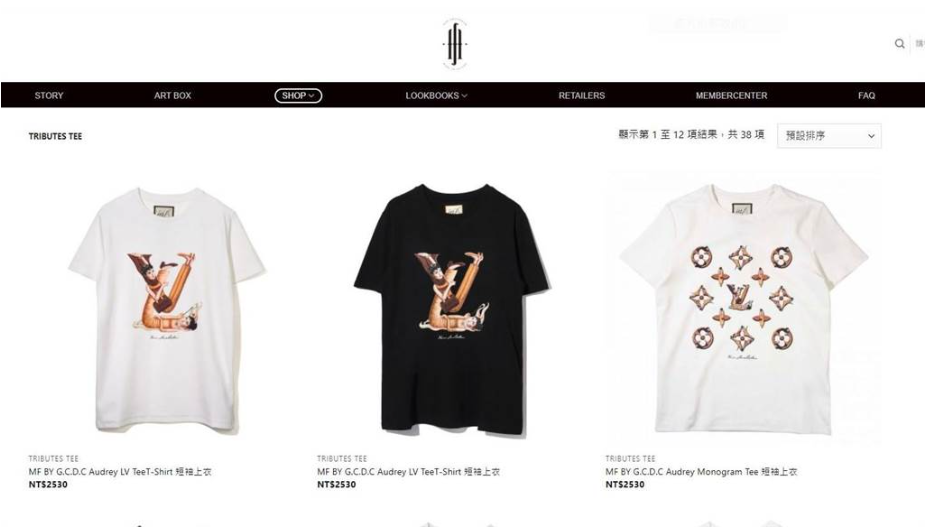“Anthropomorphized LV” A Parody or Piracy? Analysis of the Latest Court Decision in Taiwan
Date: 1 April 2024
【Volume 132】
Inspired by pop-culture and the logos of luxury brands, the trend of remaking artworks by integrating ingenuity or other elements has become prevalent in contemporary fashion. However, the question remains: are the remakes merely paying homage or violating relevant regulations? The creators of such remakes often claim their works as “parodies,” intending to imitate and adapt others’ trademarks with humor, satire, criticism, and other entertaining purposes. However, from the perspectives of brand owners, the remakes clearly appropriate trademarks of their brands. This can lead to the confusion among consumers, who may struggle to distinguish the remakes from the original brands, raising concerns about potential trademark infringement. Recently, the Taiwan Taipei District Court ruled on this issue (Taiwan Taipei District Court Criminal Judgement Zhi Yi Zi No. 14 of 2022).
In this case, the Taiwanese trendy apparel brand “MF BY G.C.D.C,” utilizes logos of luxury brands with added figures and dolls to redesign and advertise the concept of “remaking,” thereby releasing clothing collections and suitcases in its flagship store. Upon its selling, LOUIS VUITTON MALL ETIER (hereinafter “LV”), the world-famous French luxury fashion company promptly filed a criminal proceeding against MF BY G.C.D.C for violating LV’s trademark rights.

(Source of the image: February 2, 2022. Taiwanese popular apparel brand “MF BY G.C.D.C” sued by the world-famous French luxury fashion company “LV”;its designer Huang Ke-Cheng and the flagship store director Yan were prosecuted for infringement of rights of trademark, China Times. https://www.chinatimes.com/realtimenews/20220222004532-260402?chdtv)
The ruling by the Taiwan Taipei District Court highlights the criteria for determining a parody. According to the court, a parody must be a distinctive trademark taunting, mocking, or criticizing another well-known and original trademark. Additionally, the court must consider the balance between two public interests: the public interest of avoiding confusion and the public interest of freedom of expression of the imitator. After solicited opinions by the Second Special Police Corps of the National Police Agency of the Ministry of Interior, the Taiwan Intellectual Property Office (hereinafter “IPO”) drew the comparison between the defendant’s logo and LV’s registered logo. IPO then established significant similarities in design and composition between the two logos, leading to a likelihood of confusion among relevant consumers. Consequently, the defendant’s logo is confusingly similar. Given that the defendant sold clothing, bags, and suitcases similar to LV’s designated goods, the court concluded that MF BY G.C.D.C’s actions suffice actions of a “free-rider,” who exploits and capitalize on the LV brand’s long-established business reputation, instead of parodying. The actions have constituted the damage of LV’s trademark rights. As a result, the two directors of “MF BY G.C.D.C” were sentenced to imprisonment for six and five months, respectively.
The combination between renowned logos and jocosity has not only made the remakes trendy but relevant works being well-received by the consumers. However, it is essential for creators to ensure that the consumers can distinguish the remakes from the original logos, and that successful remakes require entertaining humor and artistic creativity.






